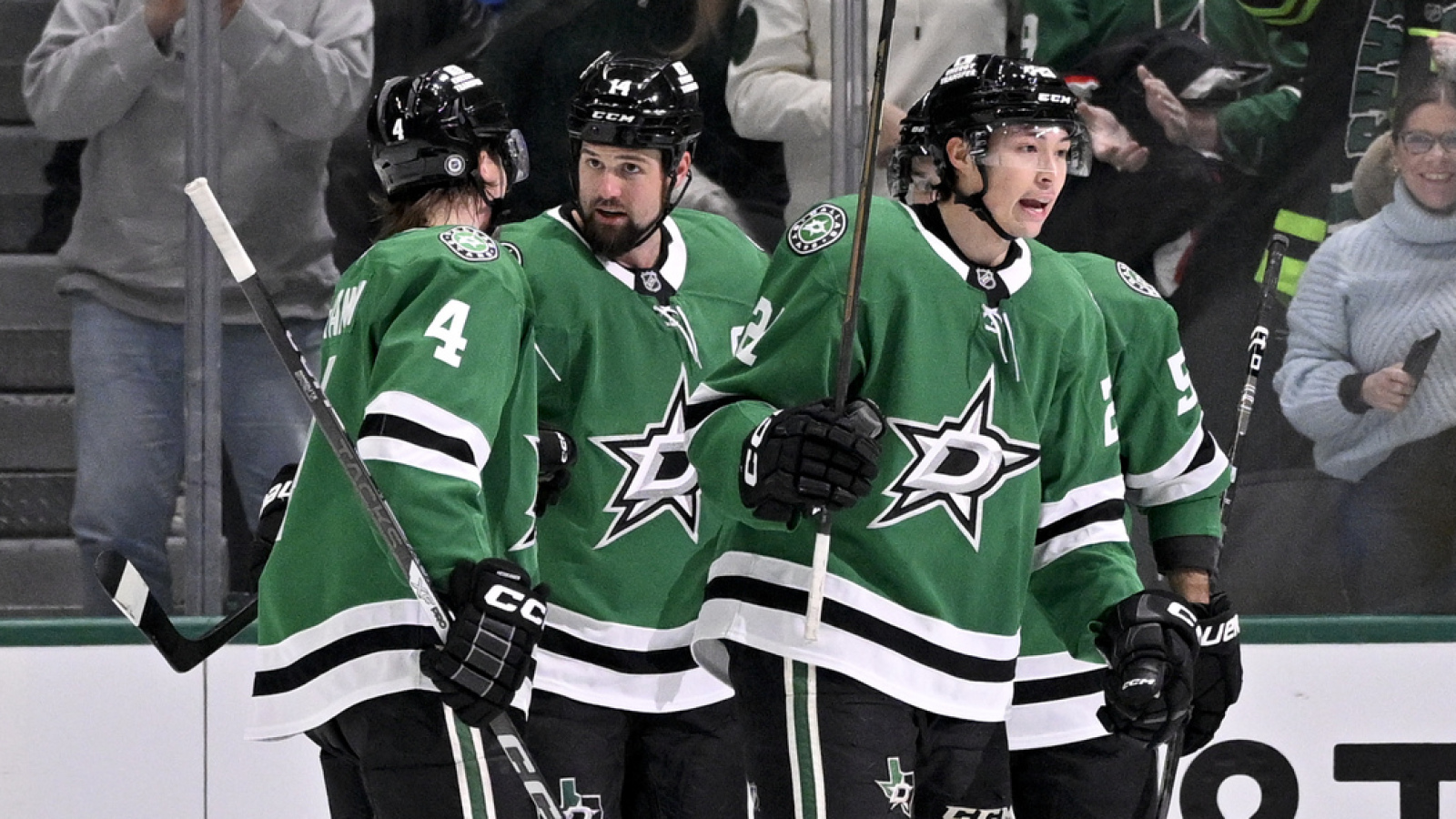
The Dallas Stars-Colorado Avalanche series should be — on paper, at least — one of the best opening round matchups in the first round of this year’s Stanley Cup Playoffs. Not only are both teams among the best in the NHL with a legitimate chance to win it all, but there is also the added drama of the Avalanche having to play against Mikko Rantanen, the star forward they traded away earlier this season.
The Stars have been in the Western Conference Finals in each of the previous two seasons, and are looking to break through that ceiling and win the franchise’s first Stanley Cup in more than 25 years.
But there are a couple of concerns for them going into the series.
The biggest is the status of top defenseman Miro Heiskanen, who has already been ruled out for Game 1 of the series with no official timeline on when he could return.
The second is the fact that Dallas is not exactly going into the playoffs on a roll. The Stars lost their final seven games of the regular season and, in the process, lost their chance to have home-ice advantage in the first round.
A losing streak like that for any team, at any point in the season, is usually a cause for concern. It probably signals major alarm bells for teams at this time of year, going into the playoffs.
So what exactly does it mean, if anything, from a historical context?
Going back to the 1975 season, there have been seven teams that have entered the playoffs without winning any of their final seven games of the regular season.
That list includes (via Hockey-Reference StatHead Database):
- 2019-20 New York Islanders
- 2001-02 Detroit Red Wings
- 1992-93 Buffalo Sabres
- 1991-92 Montreal Canadiens
- 1990-91 Hartford Whalers
- 1987-88 Chicago Blackhawks
- 1976-77 Toronto Maple Leafs
- 1974-75 Boston Bruins
To be fair, not all of those winless streaks were actual “losing” streaks, because most of those teams played in an era where the NHL still allowed ties. There were several ties among those teams.
The 2019-20 Islanders and 1992-93 Sabres were the only other teams that went into the playoffs on actual losing streaks of seven games or more.
The Islanders were also a unique situation because that was the season that was halted in early March due to the Covid-19 pandemic. There was a several month break between that losing streak and the restarting of the season. When the season began again with the playoffs, the Islanders ended up going to the Eastern Conference Final.
The 1992-93 Sabres also won their first-round matchup and advanced to the second round.
Of the eight teams on that list, five of them ended up winning at least one playoff series, with the 2019-20 Islanders and the 2001-02 Red Wings having the most success.
The Red Wings, having finished their season with five losses and two ties over their final seven games, went on to win the Stanley Cup that season.
They also did so after losing the first two games of the playoffs, on top of that seven-game winless streak.
While this type of finish is relatively uncommon for playoff teams, history suggests it is not necessarily a sign of what is ahead in the playoffs. Sometimes good teams get bored when they know what is ahead. Sometimes a team just runs cold for a bit. The playoffs are always an entirely different animal.
Dallas still has an outstanding team and has an excellent chance to go on a run. The bigger concern than the losing streak is the health of Heiskanen. If he returns and can make a big impact, they should be capable of beating anybody in a best-of-seven series. If he does not, it may not matter how many games they did or did not win down the stretch run of the regular season.
